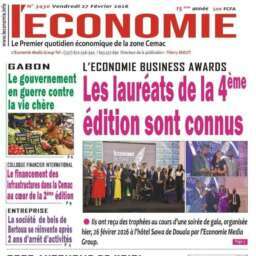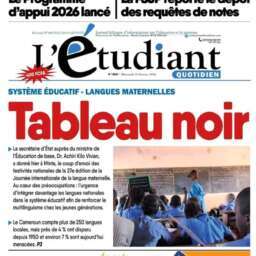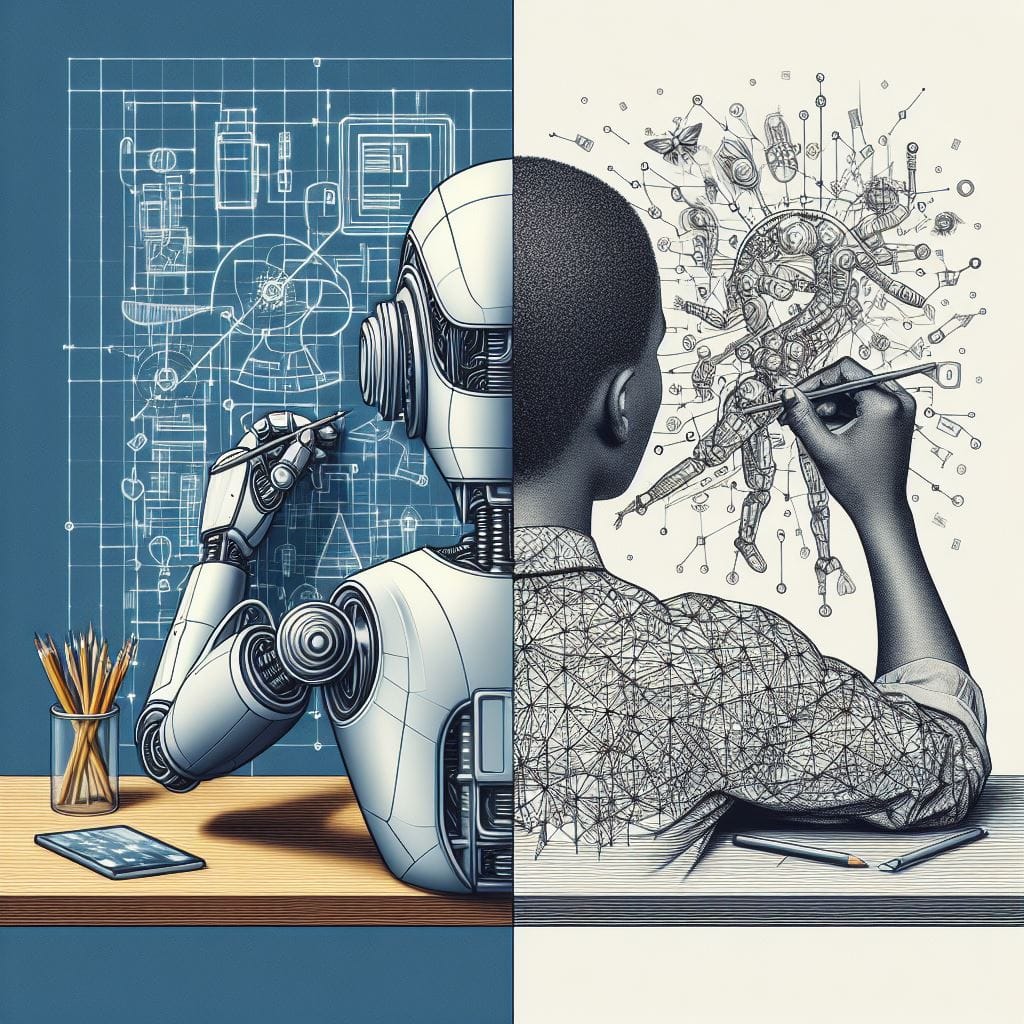In contemplating the impact of Artificial Intelligence (AI) on creativity, this exploration takes a unique angle by considering the lens of Equality of Outcome. The question arises: does the rise of AI signal the potential demise of human creativity, and how does this dynamic interact with the pursuit of equal outcomes for all?
1. AI and the Challenge to Individual Expression:
One perspective suggests that as AI systems become increasingly proficient at predicting and generating content, there may be concerns about a potential homogenization of creative output. If AI algorithms prioritize popular or mainstream preferences, there is a risk that individual expression and diverse artistic voices could be overshadowed, impacting the quest for equal representation in creative fields.
2. Standardization versus Diversity:
The use of AI in creative industries may inadvertently contribute to a standardized understanding of what is considered ‘creative’ or ‘marketable.’ This standardization, if not managed carefully, could run counter to the principles of Equality of Outcome by limiting the diversity of creative perspectives and reducing opportunities for artists from various backgrounds.
3. AI and Economic Disparities:
As AI technologies become integral to creative industries, there is a concern that economic disparities may widen. Affluent entities with access to advanced AI tools may have a competitive edge, potentially limiting the creative opportunities available to smaller or marginalized creators. This dynamic raises questions about how the benefits of AI can be distributed more equitably to achieve a more balanced creative outcome for all.
4. Guarding Against Bias and Discrimination:
The potential for AI algorithms to perpetuate or even exacerbate existing biases in creative fields is a critical consideration. If not carefully monitored, AI systems might inadvertently reinforce stereotypes, undermining efforts to achieve an equal and inclusive creative landscape.
5. A Balanced Approach:
While acknowledging these concerns, it’s essential to recognize that AI can also be a tool for addressing historical inequalities. By consciously designing AI systems with ethical considerations in mind, fostering diversity in the development of AI technologies, and ensuring accessibility to these tools, it is possible to harness the potential of AI to enhance creative outcomes for everyone.
In summary, the question of whether AI is the death of creativity takes on new dimensions when viewed through the lens of Equality of Outcome. While challenges exist, a conscientious approach to AI integration, coupled with a commitment to addressing disparities, can contribute to a future where AI and human creativity coexist, fostering an inclusive and creatively rich environment for all.



































